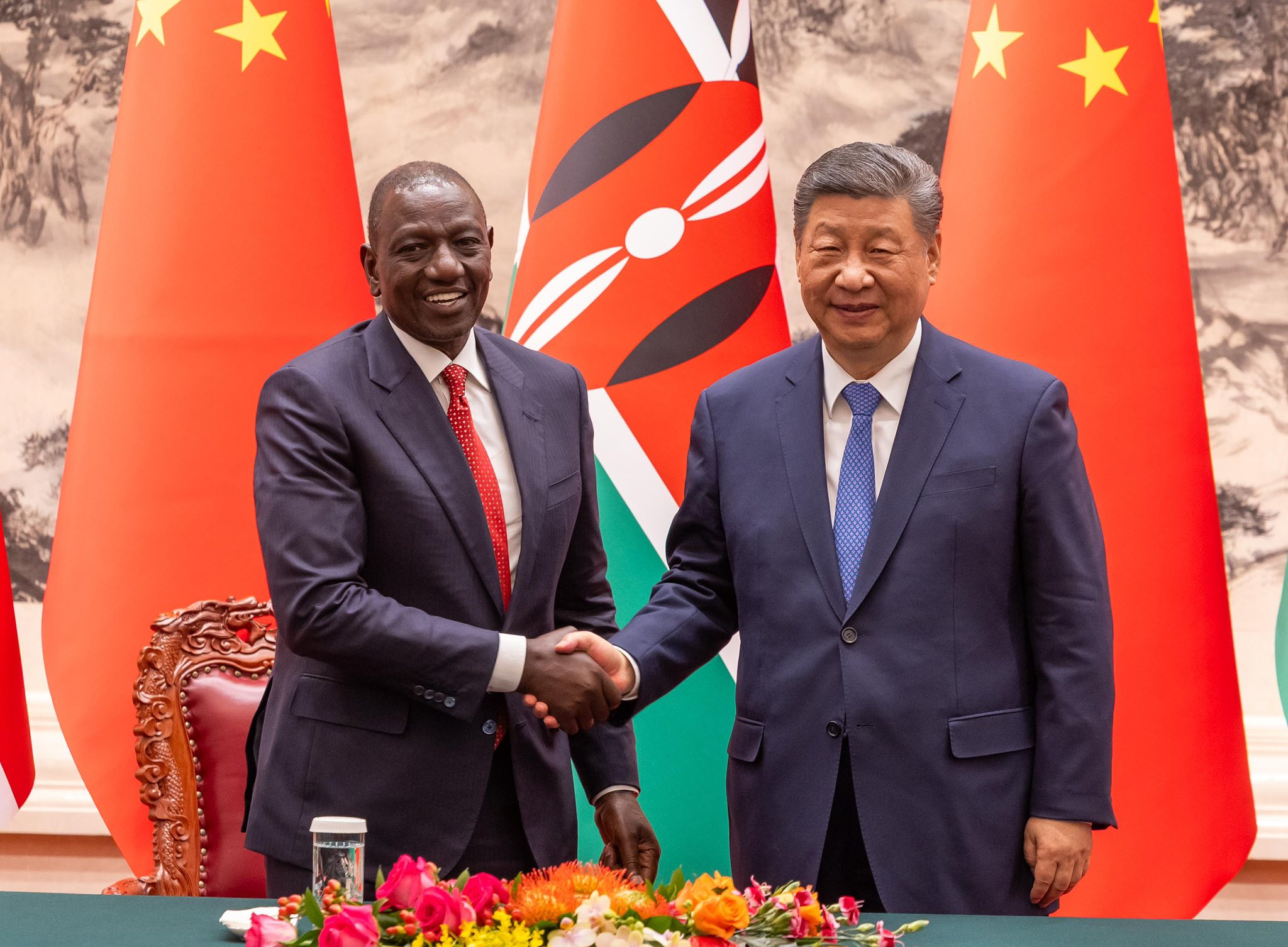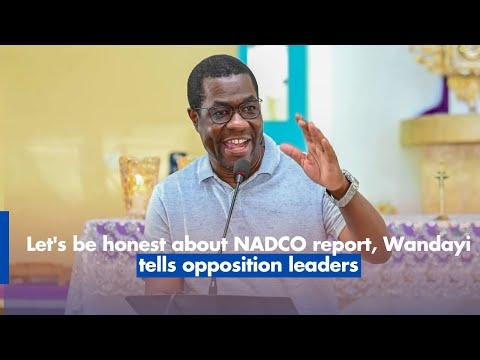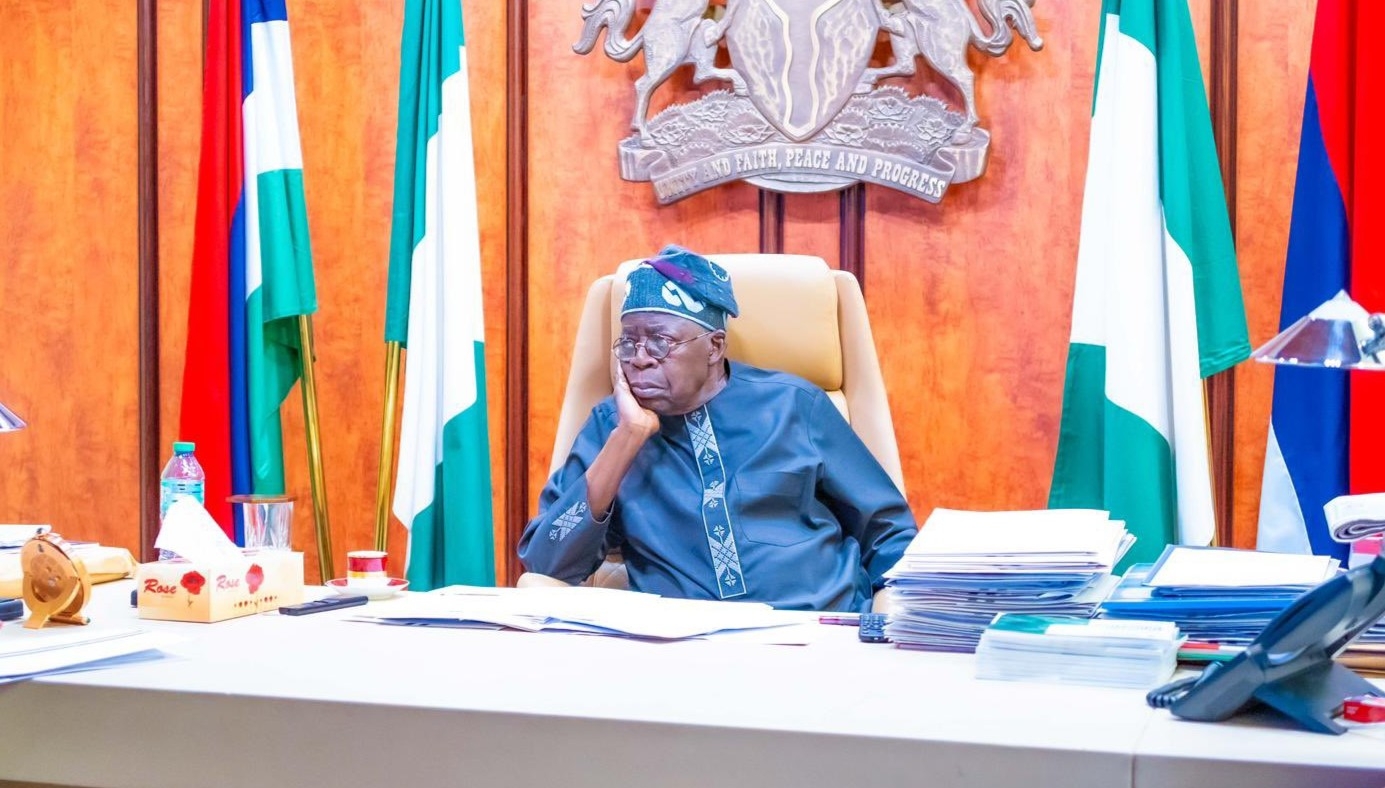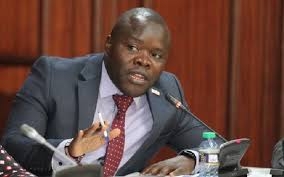

In a move seen as both strategic and historic, Kenyan President William Ruto has just concluded a state visit to Beijing at the invitation of Chinese President Xi Jinping — a visit that has sent ripples across global diplomatic and economic circles.
The meeting, conducted in a warm and cordial atmosphere,
marks a significant milestone in Kenya-China relations and comes at a time when
the global trade order is undergoing profound upheaval.
What makes the visit doubly significant is that President Ruto is so far the only African head of state to be granted an official appointment with President Xi this year.
This rare gesture underscores Kenya’s growing geopolitical importance and the depth of Sino-Kenyan relations at a time when China is recalibrating its Africa strategy amidst intensifying global trade tensions.
The backdrop to this meeting is a volatile global trade environment marked by heightened rivalry between the United States and China.
The resurgence of protectionist policies — notably, a new round of aggressive tariffs imposed by US President Donald Trump — has upended traditional trade alliances and triggered what many analysts term a modern-day trade war.
This has forced countries across the globe to rethink their economic partnerships. For China, which has faced significant barriers in Western markets, Africa presents a strategic frontier for trade, investment, and influence. Kenya, as East Africa’s economic powerhouse, is increasingly seen as a crucial gateway into the continent.
The United States and China have agreed to a 90-day suspension of their ongoing trade war, significantly reducing tariffs and providing a temporary reprieve for the global economy.
This development has implications not only for the two superpowers but also for global trade dynamics and economies in Africa.
The temporary suspension eases global economic tensions, offering relief to exporters and businesses worldwide.
Analysts caution that without a long-term solution though, higher tariffs could still significantly curb Chinese exports to the US and African countries could fill gaps left by US tariffs, especially in raw materials like crude oil and natural gas, by expanding exports to China.
China has been increasing imports of agricultural products from Africa, including avocados, soybeans, pineapples, and cashews.
According to official statements, Presidents Ruto and Xi held “an in-depth exchange of views” on not just bilateral relations but also China-Africa ties and broader international and regional issues.
The two leaders reaffirmed their commitment to global cooperation through frameworks such as the Belt and Road Initiative (BRI), the Global Development Initiative (GDI), the Global Security Initiative (GSI), and the Global Civilisation Initiative (GCI).
“The world is undergoing changes unseen in a century,” the two leaders noted in a joint statement.
They emphasised the need for “extensive consultation and joint contribution for shared benefit,” rejecting hegemonism, unilateralism, and the law of the jungle in favor of a fairer and more equitable international order.
Such language reflects a shared vision for a multi-polar world — one less dominated by Western powers and more inclusive of emerging economies in Africa and Asia.
Following the visit, Kenya-China relations have officially been elevated to what both governments described as a “new level.”
This upgrade is expected to translate into expanded cooperation in infrastructure, technology, education, and trade — with Kenya poised to benefit from China’s continued investment under the Forum on China-Africa Cooperation (FOCAC).
China remains Kenya’s largest trading partner and a key financier of major infrastructure projects, including the Standard Gauge Railway.
However, future engagements are expected to be more diversified, with greater emphasis on value addition, the digital economy, green development, and people-to-people exchanges.
President Ruto also voiced support for China's initiatives that advocate for developing nations and reiterated Kenya’s commitment to multilateralism and South-South cooperation.
Ruto’s visit sets a precedent for other African nations navigating the complexities of global diplomacy in a divided world.
As traditional Western funding becomes more conditional and trade becomes entangled in geopolitical rivalries, China’s model of partnership, anchored in mutual interest and non-interference, continues to resonate across the continent.
With the global trade war showing no signs of abating, Kenya’s renewed engagement with China may provide a buffer against economic headwinds, opening up new export markets and investment channels not just for itself, but for Africa at large.
In a world redefined by competition and uncertainty, President Ruto’s Beijing visit signals a recalibration of alliances and a clear intent by Kenya to position itself at the heart of a new, multipolar global order.
Emmanuel Juma is a veteran Kenyan journalist currently serving as the Government relations specialist with China Media Croup Africa in Nairobi.

















